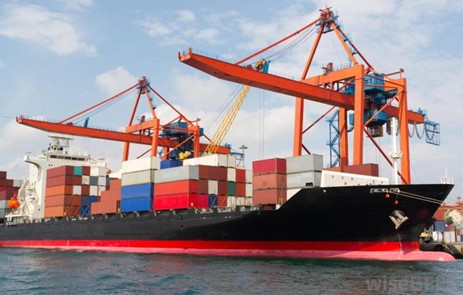
Less than a year after it introduced age norms for
ships, both Indian registered and foreign flagged, from calling at the
country’s ports to load and unload cargo, the Directorate General of Shipping
has decided to undertake a sweeping review of its order with a holistic
approach, encompassing the entire maritime sector.The Directorate General of Shipping, India’s maritime administration,
has called price offers to pick a consultant to carry out the study.
The 24 February 2023 order issued by the D G Shipping
on ‘Age Norms and Other Qualitative Parameters with Respect to Vessels’ set an
age limit of 25 years for oil tankers, bulk carriers, and general cargo
vessels, triggering concerns among stakeholders. This led the administration to
partly amend the order on 1 July 2023.
The age norms were
designed to encourage a younger fleet to improve safety, meet global rules on ship emissions and protect the marine environment
from pollution during mishaps.
The consultant
picked for the task should “review the DG Shipping Order on age norm
thoroughly, understanding its provisions, intentions, and implications on
shipping industry as whole and suggest modifications, if anyâ€.
“The output of the study would determine whether the
Order is capable of serving the interest of the Indian shipping industry as a
whole. It should undertake an analysis of existing fiscal policies on the
competitiveness of vessels flying the Indian flag as compared to foreign flags
and put forth potential strategies for enhancing the tonnage registered under
the national flag,†the D G Shipping wrote in the tender.The consultant hired by D G Shipping should “examine how the proposed
order on age restriction may intersect with existing and upcoming international
regulations related to green shipping and emission reduction including those
from the International Maritime Organization (IMO)â€.It should also “examine
the operational and technical challenges that may arise from complying with age
restrictions, including vessel availability, technology upgrades, and
maintenance requirementsâ€.
Another key aspect of the study is to “evaluate
regulatory and policy constraints that may have discouraged ship owners from
flagging their vessels under the Indian flag and identify areas where
regulatory reforms, incentives, and streamlined processes could encourage
greater participation in Indian national tonnageâ€.
Besides, it should suggest “potential strategies for
enhancing the tonnage registered under the national flag, highlighting the
policies, whether fiscal or regulatory compliance, which needs to be
addressedâ€.
It should propose “effective incentive mechanisms that can attract ship-owners to register
vessels under the Indian flag and recommend strategies to promote investment in
ship-building, ship repair, and maritime infrastructure to support the growth
of Indian national tonnageâ€.